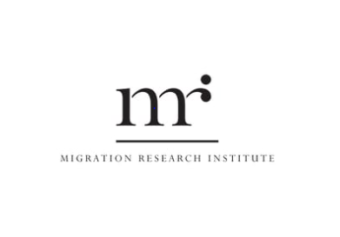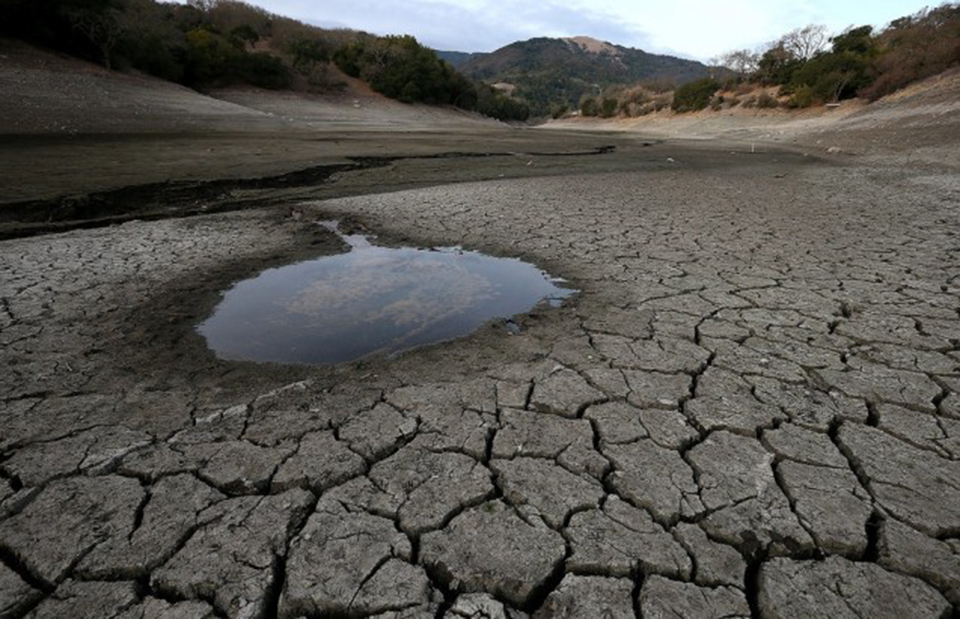
Climate Change and Water Security in Morocco: Challenges and Responses
Study
In its latest report, World Resources Institute asserted that “the Middle East and North Africa (MENA) is the most water-stressed region on earth”. It identified two categories of the most vulnerable countries to water security: that of the extremely high baseline water stress category (including mostly Middle Eastern and North African countries such as Iran, Lebanon, Qatar, Saudi Arabia and Libya) and that of the high baseline water stress (comprising also many Middle Eastern and North African countries such as Morocco, Algeria, Tunisia, Turkey, Egypt and Iraq).
Water security affects a whole range of issues, from drinking water to agriculture. In the MENA region, North African countries are particularly vulnerable in this regard, and Morocco is among the most vulnerable North African countries. Morocco lacks oil and gas resources. Libya and Algeria dispose of to compensate for water security, and its economic and social consequences. Additionally, the size of Morocco’s population (over 35 million people) is more than that of Tunisia (11 million people). Morocco also relies on agriculture as a major source of GDP and employing sector.
The full text of the study is available here.
